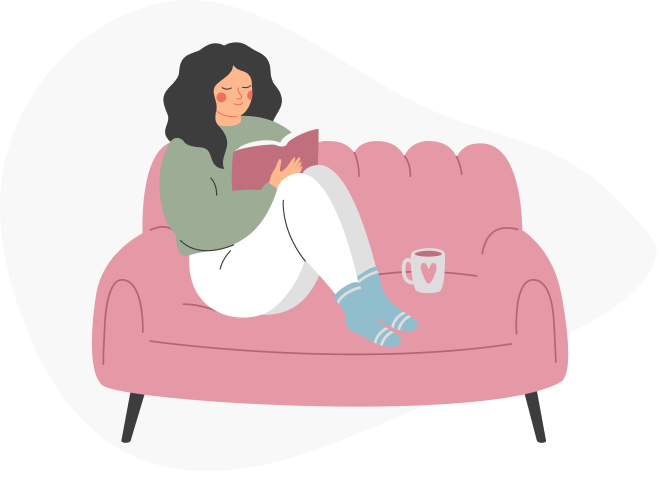Support Centre
Menopause
Menopause symptoms and treatments.
Book a consultation.
If you have any questions or concerns about menopause, please book a consultation.
Don’t worry alone, we’re here to help.

Are you experiencing menopause symptoms?
Take our free, online menopause assessment to help identify your symptoms and where you might be on your menopause journey.
Menopause Assessment
Here is a list of 20 common symptoms of perimenopause and menopause, find out more about them and learn tips on how to relieve and improve these issues.
This isn’t a complete list and if you’re suffering from any of the symptoms below or you have other symptoms you would like to discuss, please book a consultation with Dr Natalie Summerhill who will be happy to help.
Frequently asked questions and answers.
Frequently asked questions.
The list below contains some frequently asked questions and answers relating to menopause. If you would like to talk to a menopause expert about your own questions or concerns, please book a consultation so we can create a personalised care plan and discuss any recommendations for treatment.
Useful Links
Information/support about menopause
https://www.menopausematters.co.uk/
https://thebms.org.uk/
https://menopausesupport.co.uk/
Information/support about PMS/PMDD
https://www.pms.org.uk/
Information/support about POI (menopause below the age of 40)
https://www.daisynetwork.org/
Information/support about subfertility:
https://fertilitynetworkuk.org/
Find a pelvic floor physiotherapist:
https://thepogp.co.uk/patients/physiotherapists
Support for endometriosis/pelvic pain:
https://www.endometriosis-uk.org/get-support

